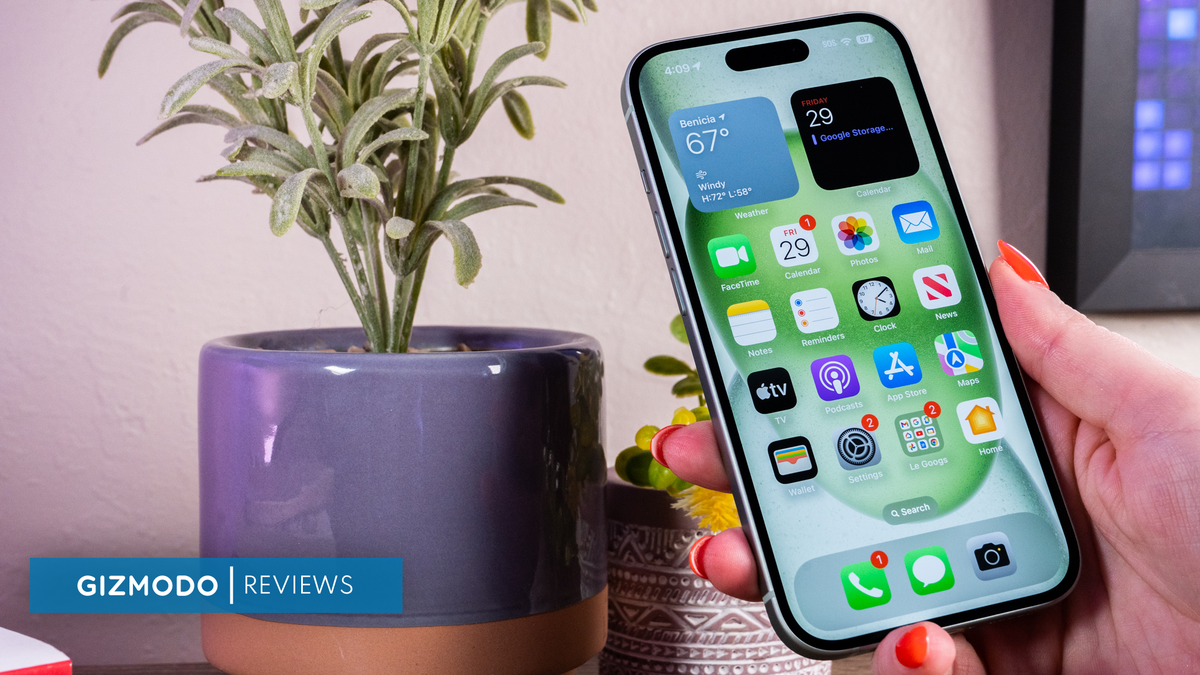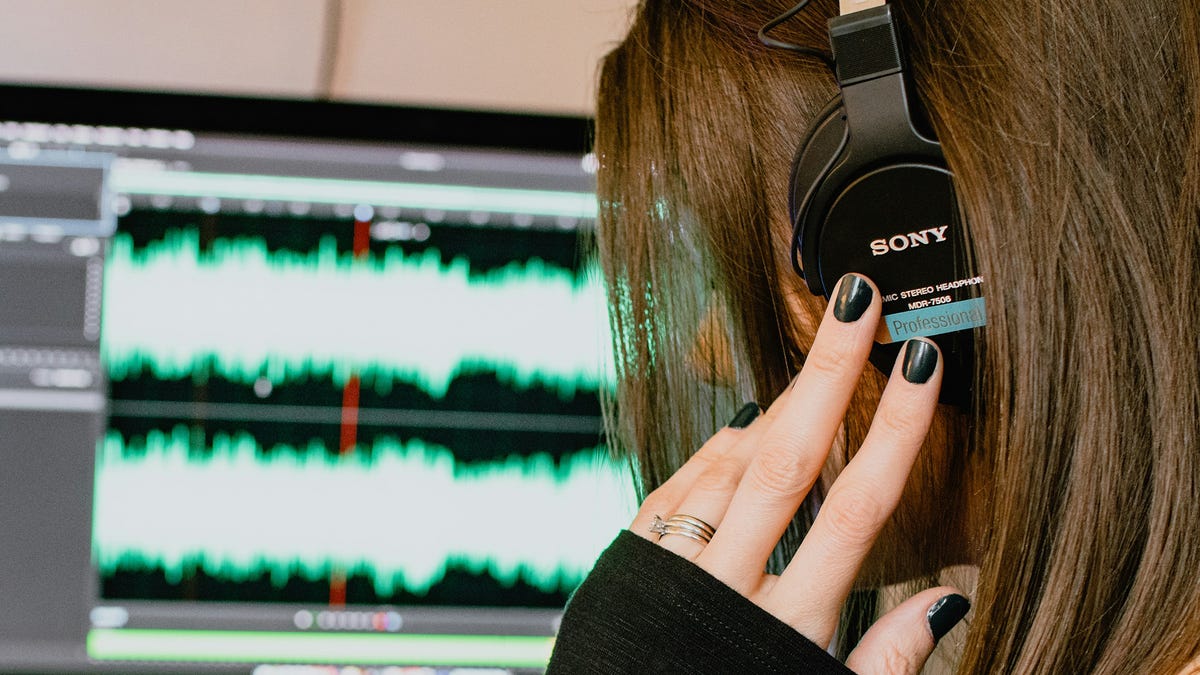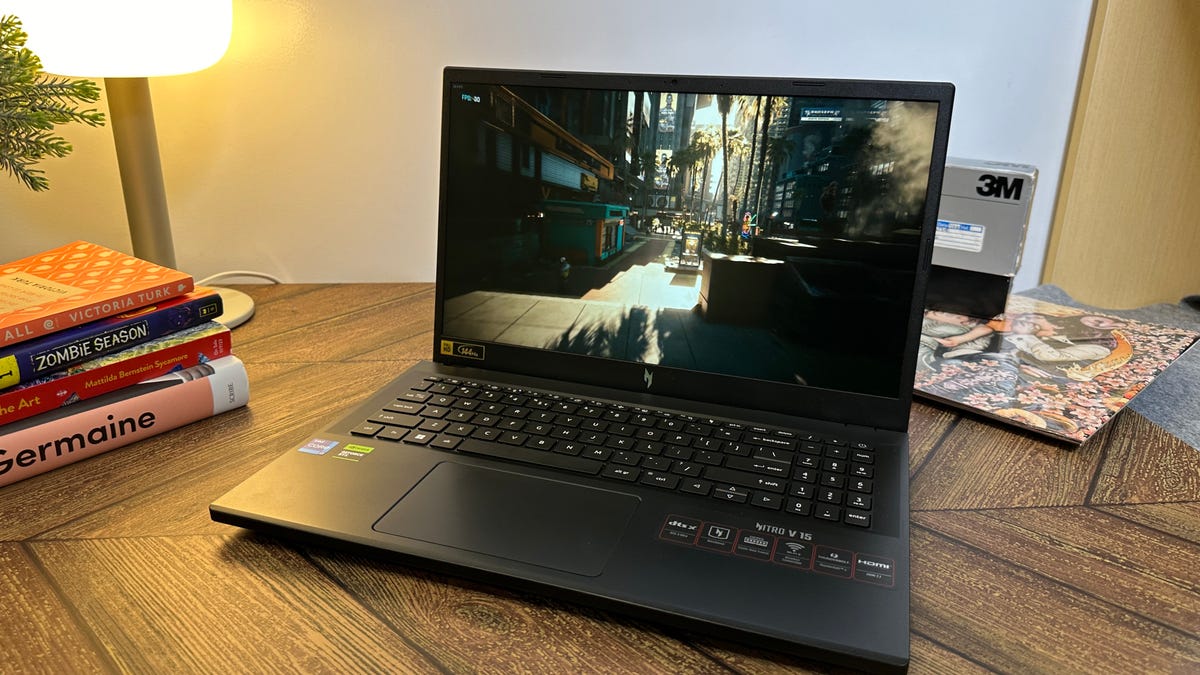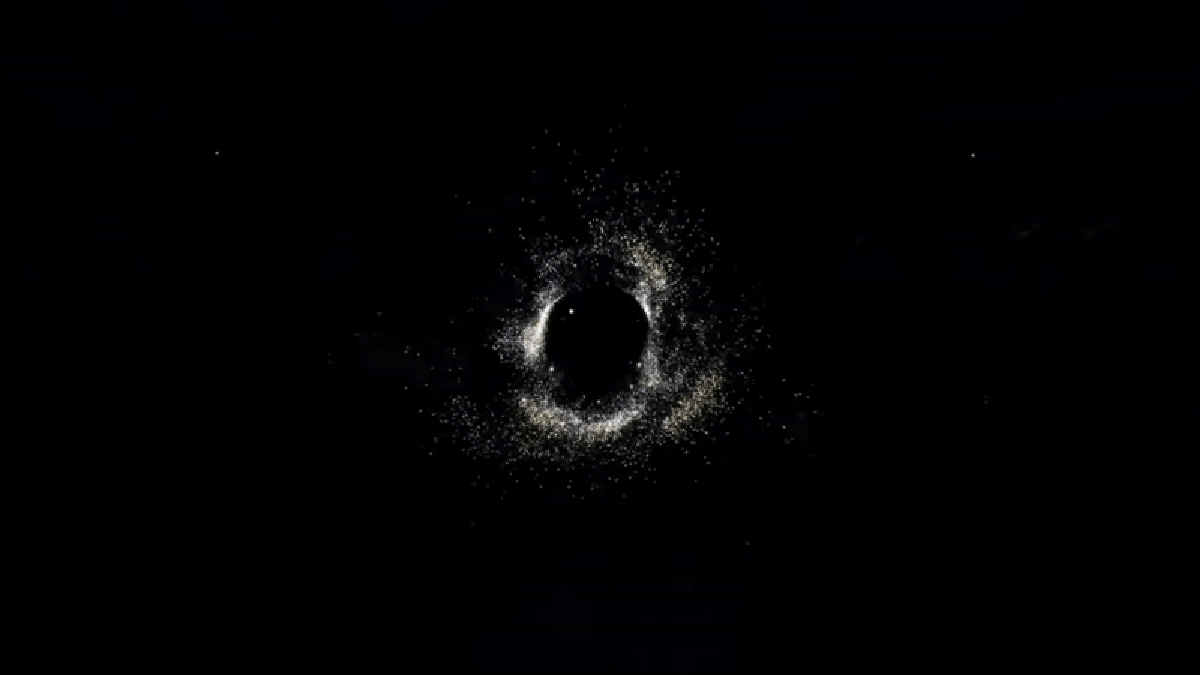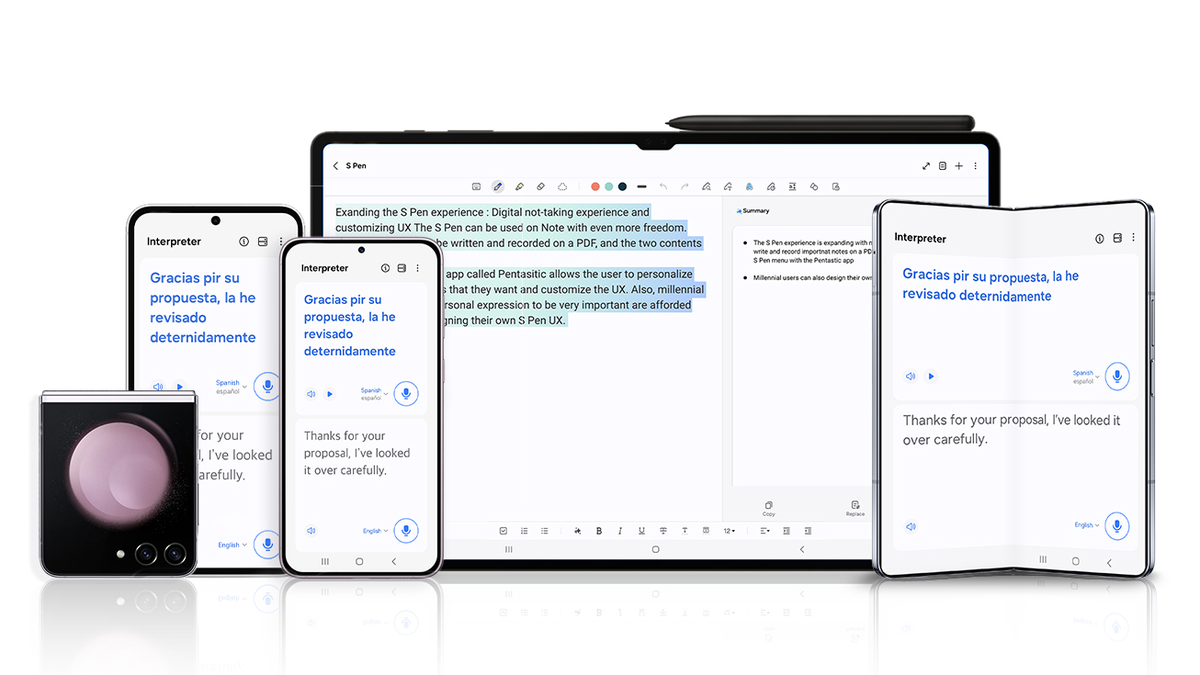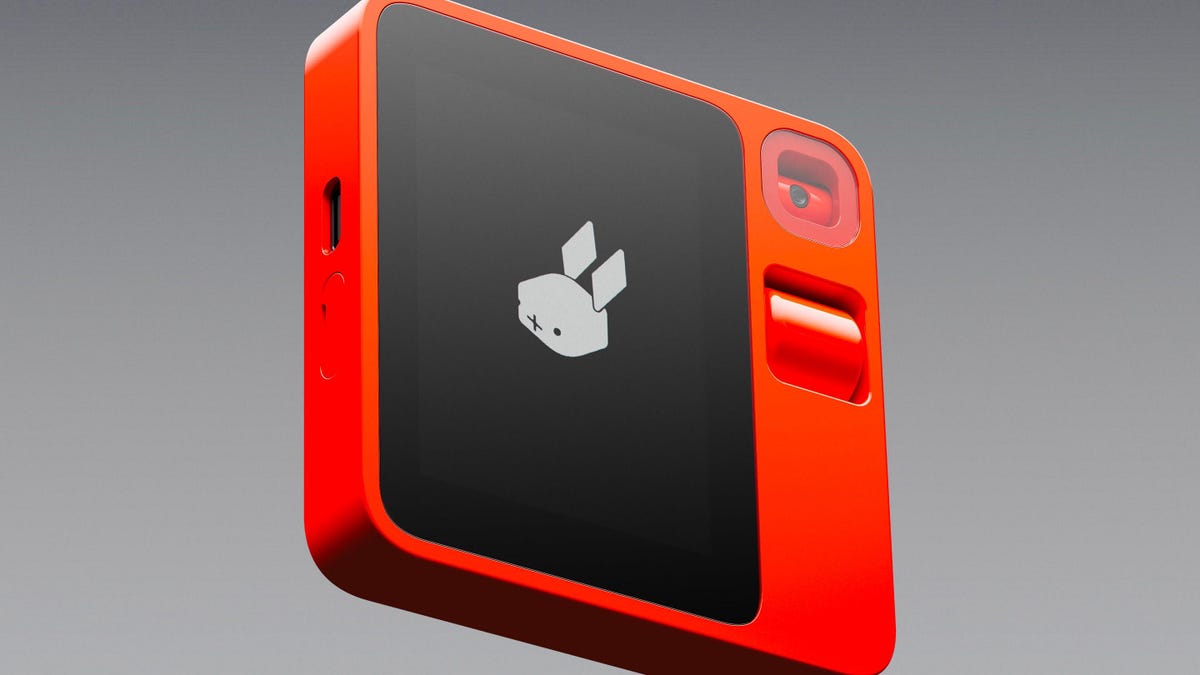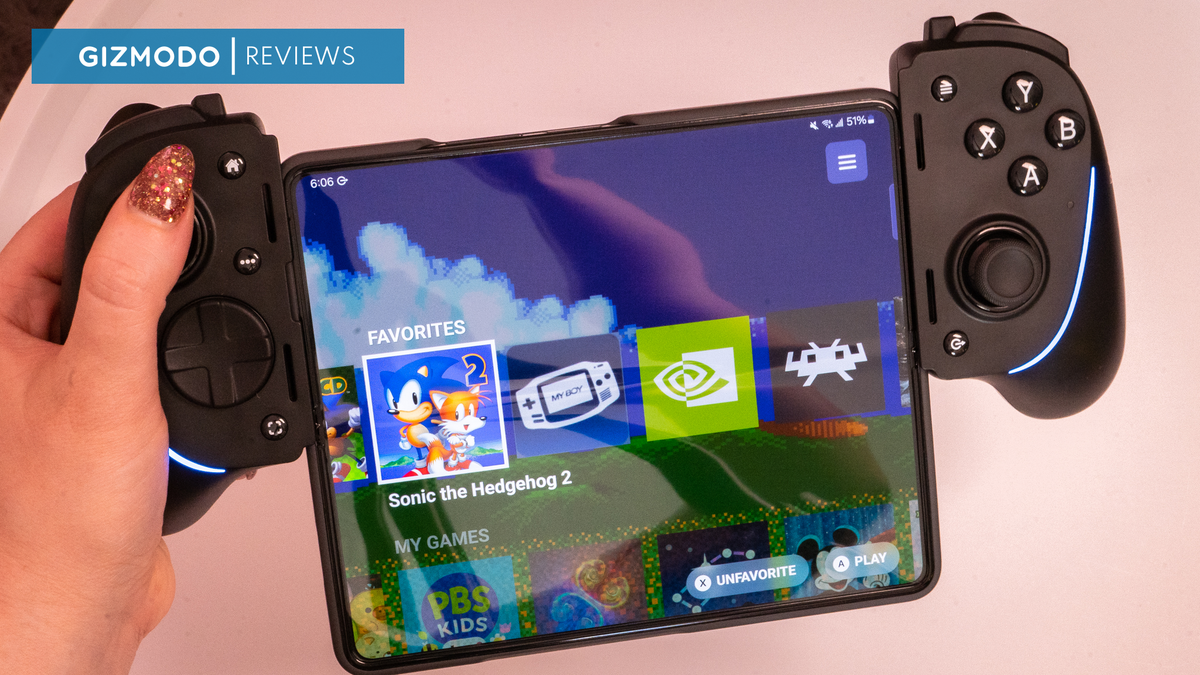With Google’s next-gen flagship launching just around the corner, this felt like an apt time to visit the iPhone 15/15 Plus and see what this “first tier” model offers alongside its counterpart in the Android world. At its core, the iPhone 15/15 Plus are all the best bits of the iPhone 15 Pro/Pro Max without debut features like an Action Button and a periscopic camera. They also come in fun colors with last year’s Pro-level guts—save for the telescopic camera.
I’ve been using the iPhone 15 alongside the Google Pixel 7, which will expire once Google reveals the Pixel 8. The iPhone 15 suffers from some of the same setbacks as Google’s un-Pro model, like limited zoom due to that missing third lens. But it also excels in ways the Pixel 8 will hopefully aspire. The front-facing camera is one of the best for TikTok selfie rants, and the battery life doesn’t make me fear leaving the house with a USB-C cable. Also, isn’t it nice the iPhone uses USB-C now? I can share cables between my Android and Apple review units.
The cutest iPhone
I am a sucker for a pastel. It pertains to my feminine side, though I don’t like something that’s too overt. I hate the default pink offering that seems to be on every phone maker’s inventory list. The iPhone 15’s pink colorway is also too blush for my liking, though I heard squeals of delight when it was announced in person in the Steve Jobs Theater. I’m not one to squash personal preference. I’m happy for those of you who wanted pink.
The iPhone 15 has a more polished chassis than the Pixel 7’s shiny back. Apple infused glass throughout the chassis and used a new manufacturing method. The iPhone’s backside is “strengthened with an optimized dual-ion exchange process before being polished with nanocrystalline particles.” The outcome is a smartphone that looks like it’s been tumbled around like sea glass. I love how smooth it is.
I also like how well it pairs with PopSockets’ new MagSafe accessories. The transparent PopSocket with one of these pastel colorways is charming. Adding one of Apple’s FineWoven cases is not, and even though I don’t think they’re as bad as the rest of the internet says the cases are, I don’t like that they hide the iPhone 15’s soft aesthetic.
The iPhone 15 has a 6.1-inch Super Retina XDR display, while the 15 Plus is 6.7 inches. They both sport the 14 Pro’s Dynamic Island, officially considered a fixture of Apple devices. I like the Dynamic Island because it’s kind of an Android artifact—it’s like when a notification bubble quickly pops up to let you know what’s happening in the background, except way less intrusive. However, I still have some trouble selecting it to tap into an app, but I have that problem iPhone-wide.
The iPhone 15 has a 60Hz refresh rate compared to the Pixel 7’s smoother 90Hz—even the budget Pixel 7a has a better refresh rate than the iPhone 15. It’s only sometimes noticeable compared to the Pro, which has a 120Hz refresh rate, especially when scrolling to read an article. It’d be nice to see Apple bump this up a bit. This is an $800 device, after all.
The smaller iPhone 15 is the most comfortable of the two non-Pro iPhone 15s. Frankly, I thought the iPhone 15 Pro Max was a little hefty after prolonged use, and I much prefer the smaller variant of both iPhones for my measly little hands. But if you get the smaller phone, you opt out of 5x optical zoom on the Pro series. Thankfully, there’s no Sophie’s Choice for the regular iPhone 15. It’s the same across the board except for battery and display size.
The iPhone 15 did not adopt the 15 Pro’s Action Button. It still uses the archaic mute switch, which is fine. It’s not hard to imagine the Action Button makes its way to this lineup of iPhones just like the Dynamic Island did.
Faster than this year’s Android phones
The iPhone 15/15 Plus is the reprise of the iPhone 14 Pro but in a cuter body. It runs on last year’s Apple A16 Bionic, which is great because it’s still beating the pants off of this year’s Android devices in our benchmark tests. In Geekbench 6, the iPhone 15 surpasses Samsung’s Galaxy S23/S23+ with the latest Qualcomm chip. Its numbers are twice that of the Pixel 7/7 Pro. Simply put, the iPhone 15 is a good deal.
I’m still waiting on the battery benchmark for the 15/15 Plus. Our test involves leaving the devices to peter out after streaming a 24-hour-long YouTube Video on a loop. The iPhone 15 Pro/Pro Max were quite impressive in this year’s test—the best performers of all the smartphones I’ve reviewed this year.
I did manage nearly three full days of mixed use with the smaller iPhone 15. In that period, I had to charge my Pixel 7 about eight times—Google’s little smartphone has been pretty disappointing for battery life since I adopted it last year. But with the iPhone 15, I could toss it aside for the night, not on a charger, and return to it with little worry over the battery meter. I will update this review with the final battery result, but I imagine it will be as impressive as its Pro variants.
One thing that is not faster is the iPhone 15’s USB-C port. It’s capped at USB 2.0. The Pixel devices use USB 3.2. That means slightly slower transfer and charging speeds than you’d get with the latest batch of flagship phones. While this is unfortunate, don’t let it be a deal breaker. At least now you can charge your iPhone in more places.
The iPhone 15’s camera is top-notch but struggles with zoom
Like the last few generations, the iPhone 15 is an apt shooter. The primary camera is 48 MP with a 26mm lens, with a telephoto equivalent of 12 MP at 2x optical zoom and 10x digital zoom. Its 12-MP ultrawide lens is a reprisal from last year’s iPhone 14.
You want a depth effect if you take photos of people and pets. Fortunately, the iPhone 15 offers the 15 lineup’s new Portrait mode. The feature takes data of the background surroundings, so you can go in and change the blur later if you’d like. In most cases, the iPhone 15 managed to get the bokeh on its own. I struggle to get that kind of performance out of the Pixel 7’s 50-MP lens.
The iPhone 15’s algorithms still skew yellow and green, whereas the Pixel’s are slightly blue. But that’s only in regular lighting—if you’re shooting at night, with the shutter open, the iPhone 15 infuses more contrast to the darker elements, whereas the Pixel 7 tries hard to brighten them up.
If you need to zoom in, please don’t buy the iPhone 15. It’s limited to 2x optical zoom, and if you try to zoom in further than that, good luck getting a steady picture without a tripod. If you want to zoom into landscapes or get a close-up shot of your kid kicking a ball, don’t buy a smartphone without a dedicated telephoto lens.
The iPhone 15’s 12-MP TrueDepth camera was better at shooting selfies at night than the Pixel 7. The Pixel 7 requires you to stand still to take a selfie with a friend after dinner, resulting in too many blurred selfies. By contrast, the iPhone 15 was quicker and could capture light in most somewhat-lit situations.
My only complaint with the iPhone 15’s front-facing photos is that I must wear makeup or face-blurring powder. While I appreciate the iPhone’s commitment to detail and relative realism in a picture, I like Android because it lets me blur my pores without setting powder.
It’s time to upgrade to the iPhone 15
If you’ve been holding out for at least three years, this is the time to consider upgrading your iPhone. The iPhone 15 is a great package starting at $800, even with its slightly underpowered USB-C port. While the Pro model variant has all the bells and whistles, it is also $200 more for features that aren’t deal breakers—no one needs an Action Button; it’s just nice to have. The only thing you might want is a telephoto lens, but like I said earlier, don’t start at this price point if you’re trying to wow people on Instagram.
The iPhone 15/15 Plus is also a worthy upgrade from wherever you are now for its storage offerings. You’ll immediately jump to twice the storage space if you’re hopping up from an entry-level iPhone from a few generations ago. That 64GB allotment just isn’t enough for taking videos and pictures that are high resolution. The iPhone 15 starts with 128GB of space and is available with up to 512GB.
Again, the one major drawback of going with the sub-tier iPhone is that you won’t get the telephoto capabilities of the Pro. That’s fine for most people. But I’m hoping that whatever Google releases next for the Pixel 8 is as satisfying a package as the iPhone 15.


